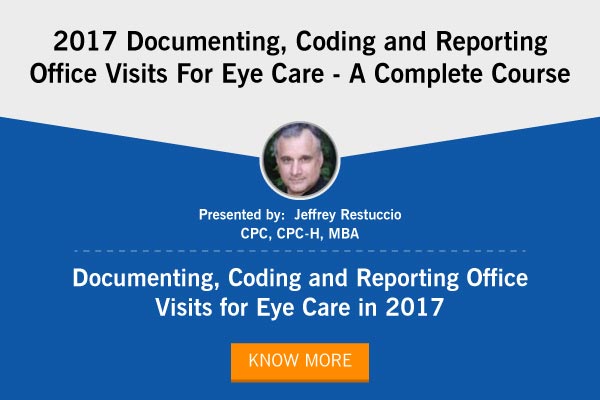Complete accuracy and substantiation is always essential in product claims being made while advertising, labeling  and other media. There are many Federal Trade Commission conditions, in addition to the Environmental Protection Agency (EPA), Food & Drug Administration (FDA), international organizations, non-governmental organizations, state attorney general, etc., which guard these regulations like watchdogs and pick at overstated marketing claims, particularly ‘green marketing’ claims of viable and ecological nature.
and other media. There are many Federal Trade Commission conditions, in addition to the Environmental Protection Agency (EPA), Food & Drug Administration (FDA), international organizations, non-governmental organizations, state attorney general, etc., which guard these regulations like watchdogs and pick at overstated marketing claims, particularly ‘green marketing’ claims of viable and ecological nature.
For example, the statement ‘Most sensational, celebrational, inspirational’ appears overhyped as a marketing message. These messages can be misleading and can even lead to non-compliance issues later on. Specific claims that are made by products can easily trigger the applicability of various regulatory programs, such as government drugs or pesticides.
Additionally, it is imperative for today’s marketplace organizations to be vigilant about the validity of claims made by competitors. “People don’t buy from you because you say that you are the leading this or the largest that, or because you have a clever slogan. No, they buy from you because you have a good product. All you have to do is communicate to them in honest, no-nonsense terms why it’s good.” Said Adam Lapp, Associate Director of Optimization, MECLABS.
How believable are your claims?
You might have an amazing product, but if you want to channelize it properly, you need to have proven and reliable sources that can make your claims work. Marketing professional Al Reis has said, “Advertising has no credibility with consumers, who are increasingly skeptical of its claims and whenever possible are inclined to reject its message”. Once people try your product and know it works just as promised, you will be on your way to achieving sustainable results.
How to Improve the Credibility of your Marketing and Advertising Communication?
Don’t be shady – that’s very important! Make sure that there is true value in your marketing communication. Here are some of the tips that can help you increase credibility:
- The prospect isn’t a target – he/she is a live person. Don’t market the prospects; instead push to communicate with them
- Don’t wear out the prospect’s name, or call them ‘friend’ until you know them that well
- The prospect buys from people, not from companies. They dislike companies, just like they dislike people who brag unnecessarily
- Marketing voice should not sound differently than real voice. Patronizing the prospects is the most horrid thing you’ll ever do
- In most of the cases, when the information quality is debatable – the prospect will always resort to the quality of the source. It is important to understand that if you’ve gained the trust of the prospect, you will have to hold on to it equally.
- Dazzle the prospects gradually. Tell them truly what you can’t do, and that will sound more believable to them than the loud claims about what you can do (but cannot achieve practically)
- If you still don’t ‘get it right, the prospect will surely not trust you. Change how you market your product first if you want to change how the prospect buys things.
As already said outlandish product claims are watched out strictly by FDA, FTC and other regulatory agencies. If you want to learn the ways to avoid costly litigations and legal actions, you can attend the webinar Claims Department: How to Aggressively Market your Product without Stepping Over the Line by expert speaker Justin J. Pronchow on Thursday, December 15, 2016.



